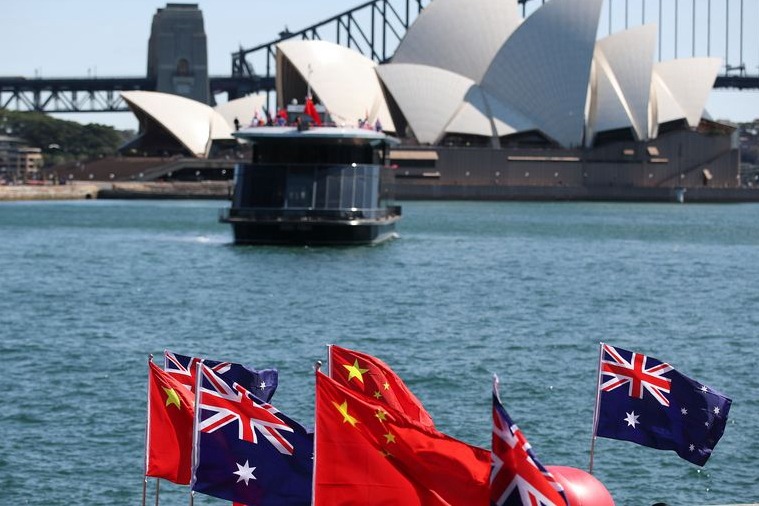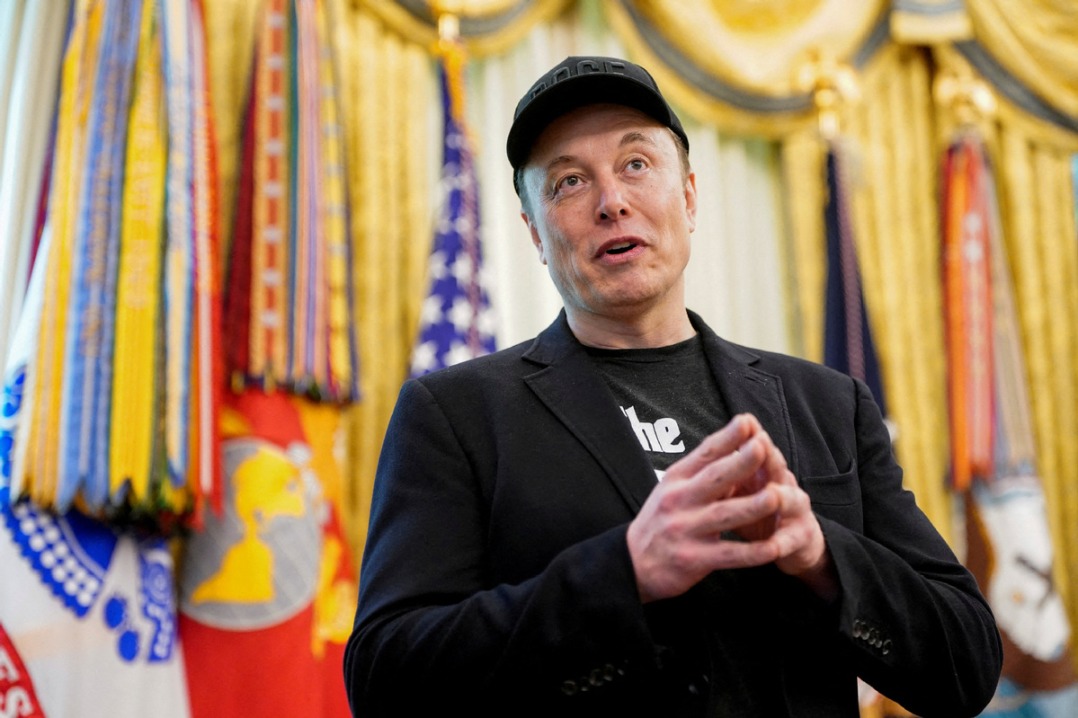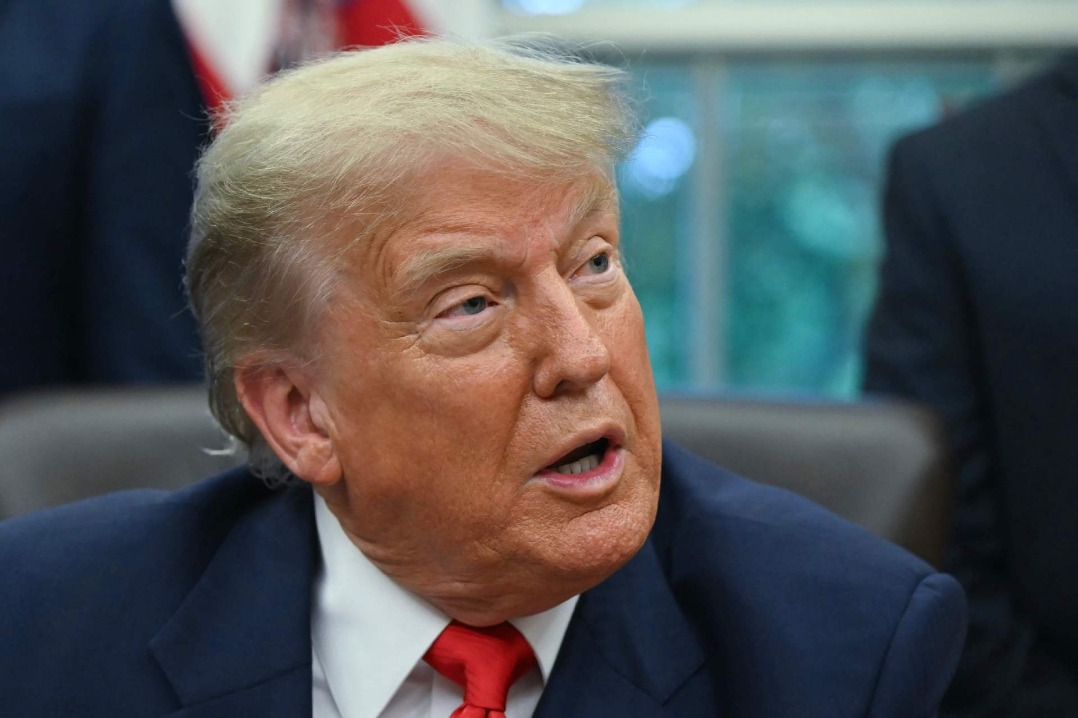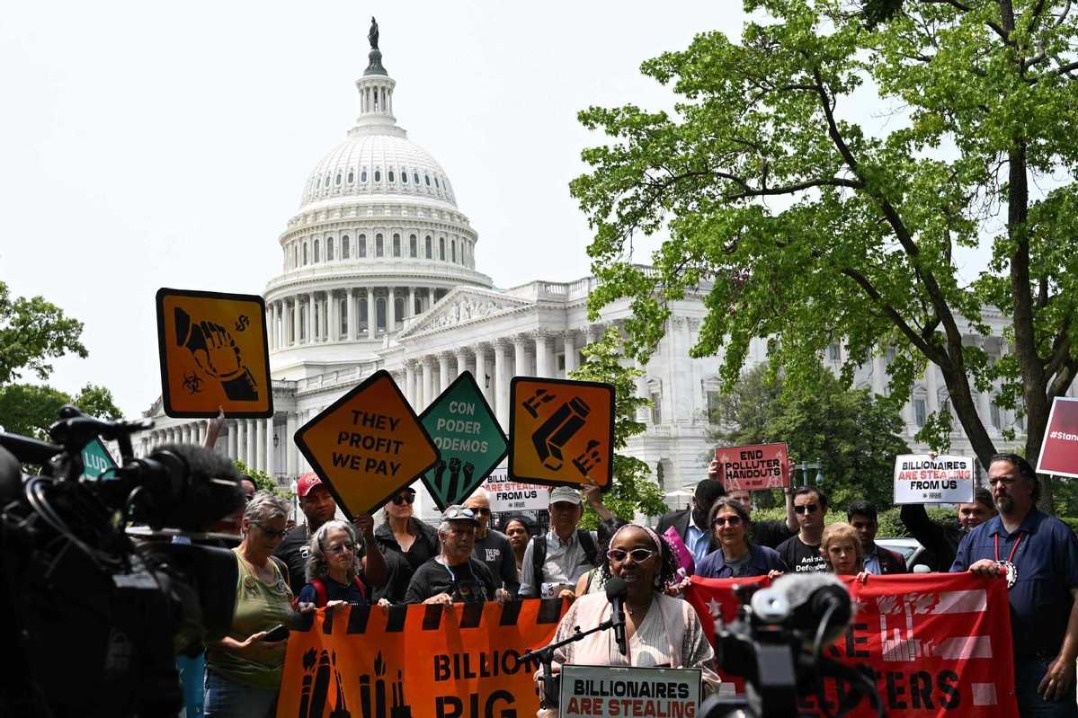Australia's Albanese backs free trade

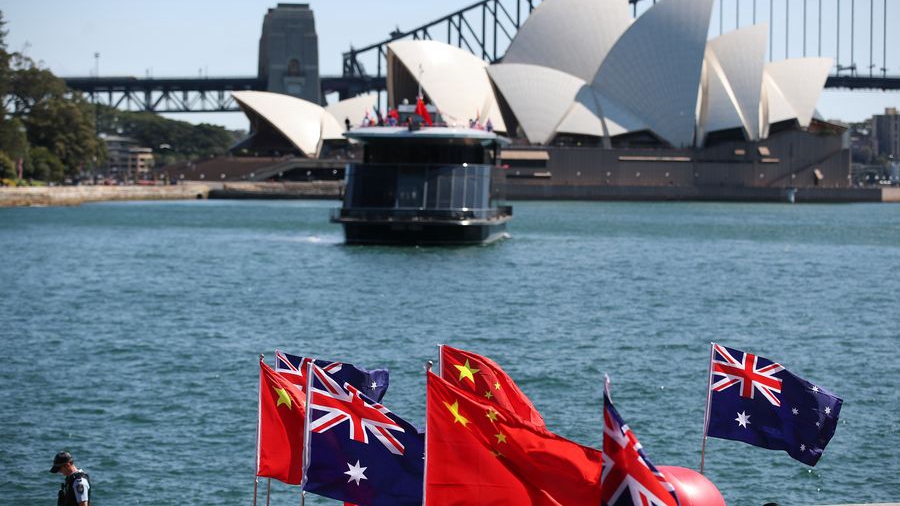
Australian Prime Minister Anthony Albanese reiterated the importance of free trade, with the country's pillar resources and mining sectors the latest to feel the impact of challenges to the global economy amid worldwide tariffs from the United States.
"Australia remains a strong supporter of free and fair trade, because we think that is in the interests of Australia and the United States, and indeed the global economy," Albanese said on the ABC news channel on Tuesday.
He was addressing questions on when he would meet with US President Donald Trump to tackle the "difficult issues" of trade and tariffs.
"We'll work through those issues, and we're working on a date to have a face-to-face meeting. But of course, our officials continue to engage," Albanese said.
"It's important to recognize that a tariff is an increase in costs … an increase in costs for US purchases of Australian goods and services.
"That's leading to some inflationary impacts in the United States …many economists are warning about global reduced growth as a result of tariffs being imposed," he said.
The US has imposed a 10 percent baseline tariff on most Australian goods imports, with an additional 50 percent applied to Australian steel and aluminum imports.
Albanese's comments came a day after official forecasts pointed to a fall in Australia's earnings from exports of its pillar resources and energy sectors.
According to the latest Australian Department of Industry, Science, and Resources export forecast report on Monday, commodity earnings are expected to drop from A$385 billion ($251.6 billion) in 2024-25 to A$352 billion by 2026-27. The report forecast weaker revenues for iron ore and liquefied natural gas.
However, the fall in earnings "reflects the impacts of rising trade barriers, relatively weak world economic growth and declining bulk commodity prices".
Australia's iron ore exports — with China its main market — remain its largest earner and will account for over 25 percent of all resource and energy commodities over the outlook period.
Income from Australian resources and energy exports will continue to retreat from historical highs over the coming two years "amid the fallout over global trade tensions and conflicts in the Middle East and Ukraine", Australian Minister for Resources Madeleine King said in a statement.
Harry Murphy Cruise, head of economic research and global trade for economic advisers Oxford Economics Australia, told China Daily the forecasts "reiterate that while Australia is out of the firing line of tariffs, we're not immune to the fallout of global trade tensions".
"Government coffers won't be unscathed either. The latest budget projections estimate tax receipts would be around A$3.5 billion lower over the next four years for every $10 drop in iron ore prices," he said.
Oxford Economics Australia lead economist Ben Udy added that as "a small open economy, Australia is far more likely to be caught in the winds of global trade events than it is able to influence global trade".
"More generally, the US tariff on all Australian goods has the potential to impact Australian economic demand more broadly, which could lift Australian import demand," Udy said.
Contact the writers at xinxin@chinadaily.com.cn
















